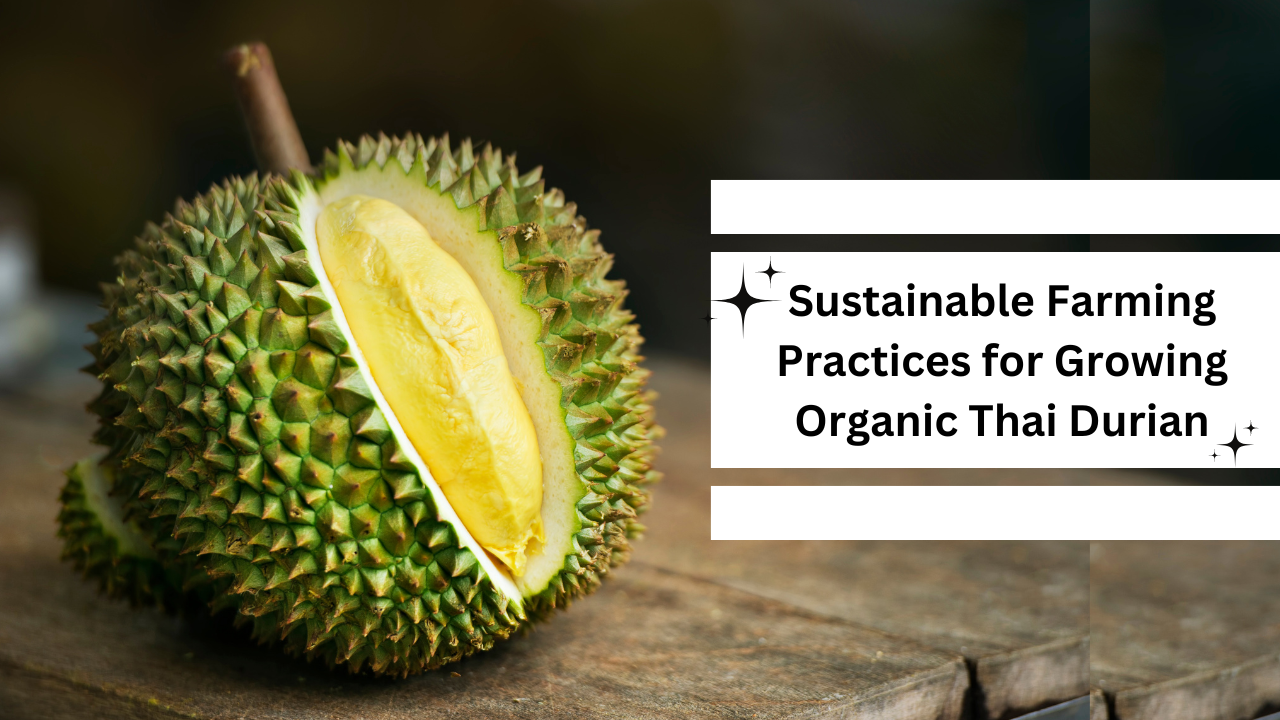Discover how Tricorderma and Mycorrhizas revolutionize organic fruit farming by enhancing soil vitality and boosting crop resilience.Tricorderma and Mycorrhizas play a crucial role in organic fruit farming by improving soil health and increasing fruit yield. These...
Discover benefits of cow manure compost

Cow manure compost
Composted cow manure is rich in organic matter, which plays a vital role in improving soil structure. Here’s how it benefits durian growth:
Improved Soil Aeration: The organic matter in composted cow manure makes the soil more porous, allowing better airflow around the roots. This ensures that the durian tree roots receive sufficient oxygen, which is essential for their respiration and overall health.
Enhanced Water Retention: Organic matter acts like a sponge, holding water in the soil. This is particularly important for durian trees, which thrive in well-moisturized soil. Improved water retention reduces the need for frequent watering and helps protect the trees during dry periods.
By improving both aeration and water retention, composted cow manure creates the ideal environment for durian trees to develop strong roots, absorb nutrients efficiently, and grow healthy, high-yielding fruits. It’s a natural way to boost productivity in durian farming and other fruit trees! Would you like tips on how to apply manure to durian trees?
.










